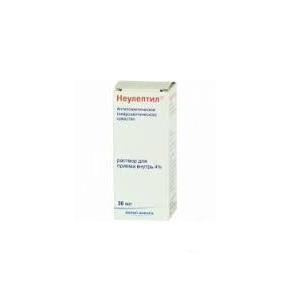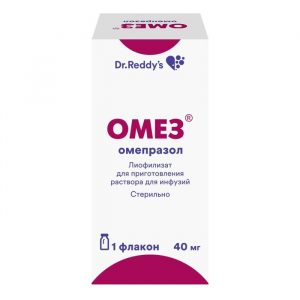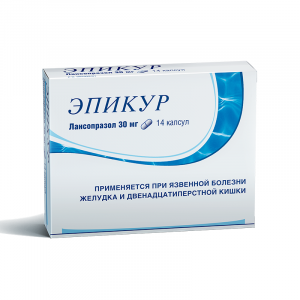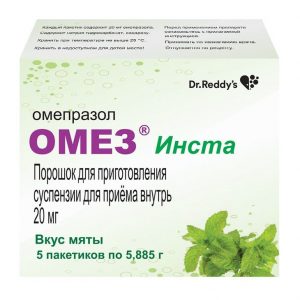Description
Latin name
Neuleptil
oral solution
Packing
bottle 30 ml.
Pharmacological action
Neuleptil has antipsychotic, antispasmodic, antiemetic, sedative, hypnotic effect.
Blocks dopaminergic receptors (mainly D2), adrenergic, serotonergic, m-cholinergic receptors.
Indications
acute psychotic disorders
chronic psychotic disorders such as schizophrenia
chronic non-schizophrenic delusional disorders
chronic hallucinatory psychoses (for the treatment and prevention of relapse).
Contraindications
Absolute: angle-closure glaucoma
urinary retention due to prostate diseases
Parkinson’s disease
agranulocytosis, history of porphyria
concomitant therapy with levodopa
hypersensitivity to periciazine.
With caution, the drug should be used in patients with diseases of the cardiovascular system, renal and / or liver failure, in elderly patients (excessive sedation and hypotensive effects may develop).
Use during pregnancy and lactation
Pregnancy
Experimental studies in animals have not revealed teratogenic effects of the drug. A study of the teratogenic effect of periciazine in humans has not been conducted. As with other phenothiazine derivatives, the findings of various epidemiological prospective studies on the possible risk of fetal malformations are contradictory. There is no data on the effect of neuleptil administration during pregnancy on fetal brain development.
In rare cases, the following disorders were reported in newborns whose mothers received long-term treatment with large doses of Neuleptil: gastrointestinal disorders (bloating, etc.) associated with the atropine-like action of phenothiazines
extrapyramidal disorders.
Thus, the risk of teratogenicity of the drug, if any, is negligible. It is advisable to limit the duration of the drug during pregnancy.
If possible, at the end of pregnancy, it is desirable to reduce the dose of Neuleptil and antiparkinsonian drugs that correct them, which can potentiate the atropine-like effect of antipsychotics. In newborns, the state of the nervous system and the function of the gastrointestinal tract should be monitored.
Breastfeeding
Due to the lack of data on the penetration of the drug into breast milk, it is not recommended to breast-feed while taking the drug.
Composition
active substance: periciazine
excipients: sucrose, ascorbic acid, tartaric acid, glycerol (glycerin), peppermint leaf oil, ethanol 96%, caramel (E150d), purified water.
Dosage and administration
Dosage regimen varies significantly depending on the indications and age of the patient.
The average daily dose should be given in 2 or 3 doses, with an emphasis on evening hours.
In adults, the average daily dose may range from 30 mg to 100 mg. In some cases, it is permissible to increase the daily dose to 200 mg.
In children older than 3 years, the average daily dose is from 0.1 mg to 0.5 mg per kg of body weight.
Overdose
Overdose can cause severe extrapyramidal disorders and coma.
Treatment should be symptomatic and carried out in a specialized ward.
Storage conditions
Store in a dry, dark place at a temperature not exceeding 25 ° C.
Expiration
5 years.
Deystvuyuschee substances
Perytsyazyn
Dosage form
Dosage form
drops for oral administration
Sanofi-Aventis, France




